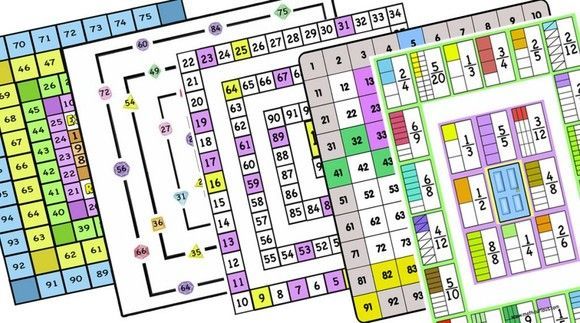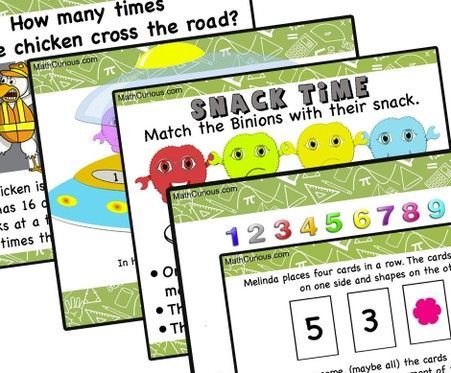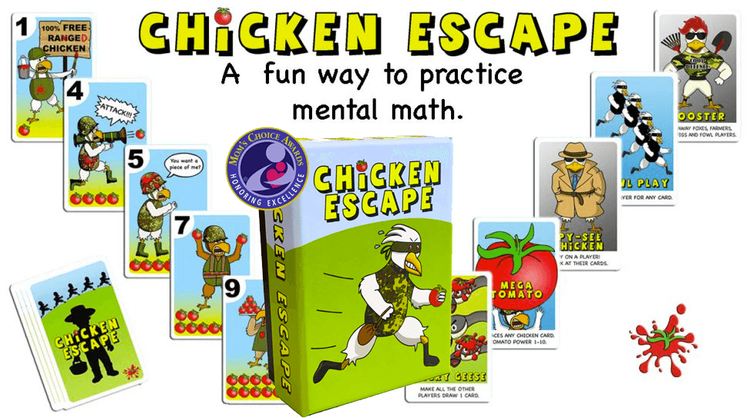Fostering a positive attitude towards math from a very young age prepares children for success in math. Studies have found that a positive attitude toward math boosts the brain’s memory center and improves math performance. Every child can be successful in math with good teaching, coaching, practice, encouragement, and motivation.
We, as parents are our children’s first teachers and our attitude and behavior towards math influences their perspective and as a result their mathematical capabilities.
Here are some steps parents can take to motivate students and encourage a positive attitude towards math.
Connect math to everyday life.
Math is all around us and children need to realize this from a young age. Help children realize how math influences our everyday life by including them in everyday activities that require math. Homeschooling parents know this well.
- Include children in cooking, study recipes together, and measure ingredients.
- Keep track of time, set the alarm together.
- Encourage your children to find shapes and patterns all around them.
- Find symmetry in nature.
- Talk about the distance to school, store, park.
- Compare prices at the store.
- Plant seeds and count how many sprouts every day or week.
- Take measurements for a new mat, shelf, frame, etc
Encourage perseverance when solving math problems.
Explain that it is ok to be confused by a problem and try many different ways to get to the solution. It is all part of learning. Practicing perseverance to work through the initial frustration of not knowing where to start is the first step to building problem-solving resilience in students.
Teach Problem-solving strategies
Encourage children to experiment with different approaches when solving problems. There is often more than one way to solve a math problem. Teach problem-solving strategies that will help them tackle different types of problems. Problem-solving Strategies
Make Practice Fun
Practice drills are required for better understanding, fluency, and automation. However, repeated practice can often become boring and tiring. Give practice assignments in chunks and keep them short. Try out many different ways of practicing like worksheets, digital games, board/card games, and even physically active games. Provide manipulatives for better understanding. Design your own games with themes and toys that your child will enjoy, like toy cars, dolls, blocks, and more. You know your child better than anyone and you know what gets them excited. Make practice time a fun time. You can find many ideas online on how to use everyday objects and toys like legos to practice math.
Play games that enhance mathematical skills
Playing board/card games together with family or friends helps children develop skills like problem-solving and strategic thinking. It improves mental-math skills, logic, and working memory. Games like chess, quarto, quixo, Dragon Times, monopoly, blocus, set, abalone, and more are great games for enhancing mathematical skills.
Check out our free print to play math cards and board games. Practice addition, subtraction, multiplication, division, fractions and so many more concepts.

Math homework
Keep homework time stressless by planning for enough time, and create a “homework space” that is relaxing and comfortable. Set aside a specific time each day when homework is completed. Routine and consistency help reduce stress. Explain that effort is more important than results and making mistakes helps people learn. If homework becomes too much or too difficult for your child talk with their teacher to understand the reasons. Maybe your child is struggling with specific concepts and they need to fill the gaps before moving ahead.
Encourage mathematical thinking
Guide your child in problem-solving by asking the right questions. Why did you…? What can you do next? Do you see any patterns? Does the answer make sense? How do you know? This helps to encourage thinking about mathematics. Explaining their way of thinking helps them understand better and gives the parent a good opportunity to assess their skills. Solve some puzzles with your children and practice perseverance and problem-solving. https://app.mathcurious.com/puzzles

Give constructive feedback
Give children constructive and honest feedback without praise or judgment. For example “I’m noticing that you know how to solve one-digit by two-digit multiplication and you need more practice with two-digit by two-digit multiplication. Pay more attention to the place value.”
Provide Opportunities for Success to Boost Confidence
Start with simple problems and slowly move to the more complicated ones. Encourage children to retry challenging problems that they failed to solve after learning and understanding more. This way they achieve success and their confidence in math increases.
Reward and Praise Effort
Praise and reward children for putting in all the effort despite the results. Let them know how proud you are of them for working hard. Show them that you believe in them.
Fostering a positive attitude towards math means making every mathematical experience a positive one, whether is homework, practice or a test. It means to support, encourage and motivate children so they feel able and confident about their mathematical skills.












